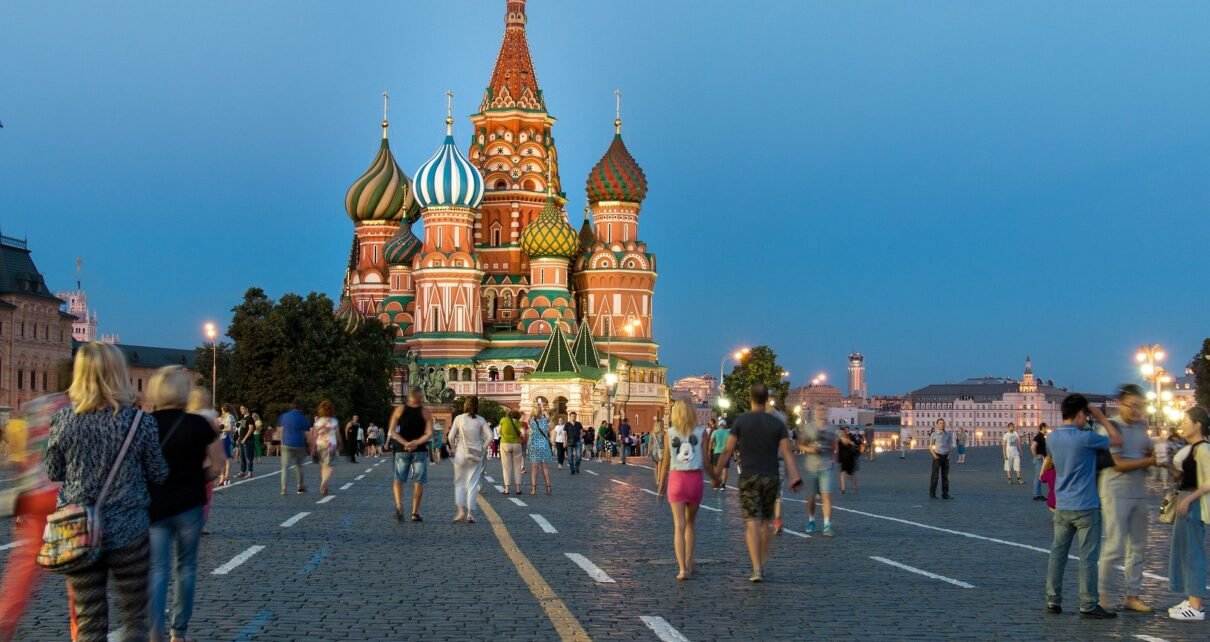By Titas Biswas
Needless to say at this juncture of time – due to the outrage of Covid 19 pandemic, tourism and hospitality business got a heavy jolt. The loss of employment is predicted to be 100.8 million worldwide.
Tourism is a major source of revenue and employment in many countries and hold massive importance employment, income, tax and foreign exchange retributions. Tourism dependent countries are likely to navigate impacts of the crisis for much longer than other economies. From the white sand beaches of the Caribbean, Seychelles, Mauritius, Pacific and the back street of Bangkok to the Africa’s wild national parks – all are dealing to lure visitors return while avoiding new outbreaks of infections.
Tourism receipts worldwide are not expected to recover 2019 levels until 2023. According to World Economic Outlook the global economy would contracted by 4.4percent in 2020. The shock of tourism dependent economies will be far worse. But in 2021 tourism has started to claw back but omicron has slammed it again. Global tour operators who are banking on holiday season, are witnessing cancelations for foreign destinations amid rising omicron panic.
Sanjar Imam, from the Karnataka Tourism India has said, “Omicron variant is having a definite impact on international travel. We had several cancellations for South Africa particularly. International travel had just picked up, but now travelers are under the impression of travelling to Europe, bit dicey. Further, they are also avoiding travel to other African countries like Kenya, Botswana, Tanzania and Egypt.”
The owner of an intentional tourism has said, “We had clients asking about destinations like the Netherlands for January. But countries have begun shutting borders, hence excessively doubtful. A corporate meet in Switzerland was recently pushed to May 2022 after they initially started banning participants from at-risk countries. Travel to Europe and the UK is out of the question now”.
The region’s ultra-cautious stance two years into the pandemic raises questions about its endgame as border controls and strict social distancing rules, though credited with achieving some of the world’s lowest death tolls, inflict growing social and economic costs.
Chong Sung –il a professor of epidemiology at Seoul National University, South Korea has mentioned, “There is a certain level of COVID-related mortality that the society is willing to accept. Individually, there is a certain level of COVID-related risk to admit, to balance against what one has to pay for it, regarding social distancing plus vaccination. Asians may be valuing life over freedom, if culture matters at all. Possibly since we don’t have the strong memory of civil revolutions risking life for freedom.”
Domestic tourism is in the picture right now. But international tourism are still at stake. The contrast in pandemic controls does not split perfectly along the East-West lines. In Asia some tourism dependent economies like Thailand has taken a bolder approach to reopen borders. Some European countries like Sweden and Poland held the line of restrictions among the surging infections.


